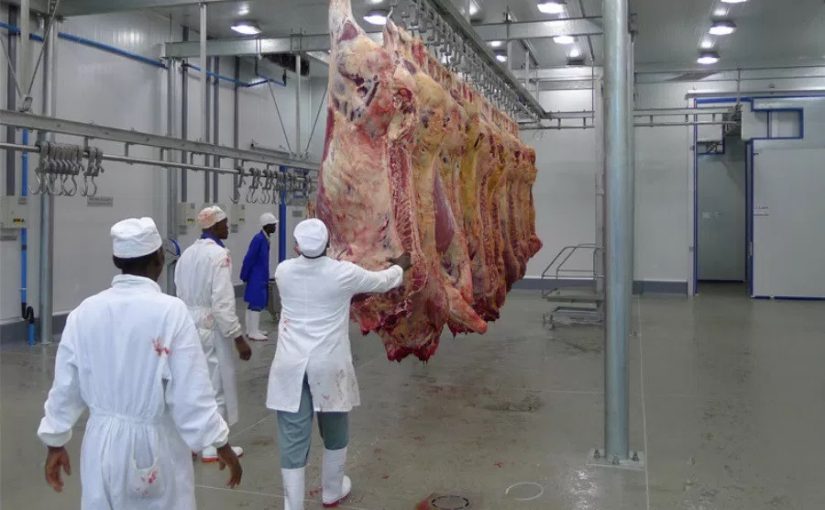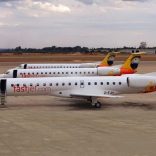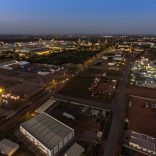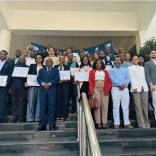Mozambique: Government denies blocking licensing of Solenta Aviation
Ban on meat imports from South Africa: An opportunity for livestock farmers in Mozambique

File photo
Mozambican cattle breeders acknowledge that the recent ban on meat imports from neighbouring South Africa opens opportunities for them, but for them to be able to take advantage of these opportunities, livestock operators and slaughterhouses will have to work together.
The province of Maputo has a population of about 100,000 head of cattle, but for cultural reasons many of them are not slaughtered, which costs business opportunities.
Some steps have already begun to be made, thanks to contacts made at the recently finished Maputo International Fair. Other conditions were dependent on the government, according to Victor Filipe, vice-president of the Agribusiness and Fisheries department of the Confederation of Economic Associations of Mozambique (CTA).
According to Filipe, there is a lot of bureaucracy facing commercial operators, who can spend more time solving land use rights problems than actually dealing with livestock.
Livestock theft and burning are other problems raised by farmers, as well as the reduction of the Corporate Income Tax (IRPC), from 32 to 10 percent, a move that is expected to boost family farmers.
“These are very serious problems that have to be tackled by the government. We need the support of the government to improve the value chain of beef as well,” Filipe said.
However, not all is doom and gloom for the breeders, who profess satisfaction with the genetic and breeds improvement programme the government has developed for the commercial sector.
And breeders are still motivated by the current review of the Customs Tariff, which they understand will improve the quality of meat through fattening.
These concerns have already been expressed to Prime Minister Carlos Agostinho do Rosário, who said he was not surprised, since they were already known to the Government.
Speaking at FACIM at the weekend, Do Rosário said it was in the interest of the government to continue to produce more food in Mozambique to ensure food security, and it was open to continuing to support livestock producers.
“We will attend to the matters raised. Our government has defined food as a priority, and backs the production of food and, in this specific case, meat of all species,” he said.
According to the prime minister, the opportunities should be seized and sufficient meat produced to replace imports. The country has more than enough agro-ecological assets to produce its own food, meat included, he said.












Leave a Reply
Be the First to Comment!
You must be logged in to post a comment.
You must be logged in to post a comment.